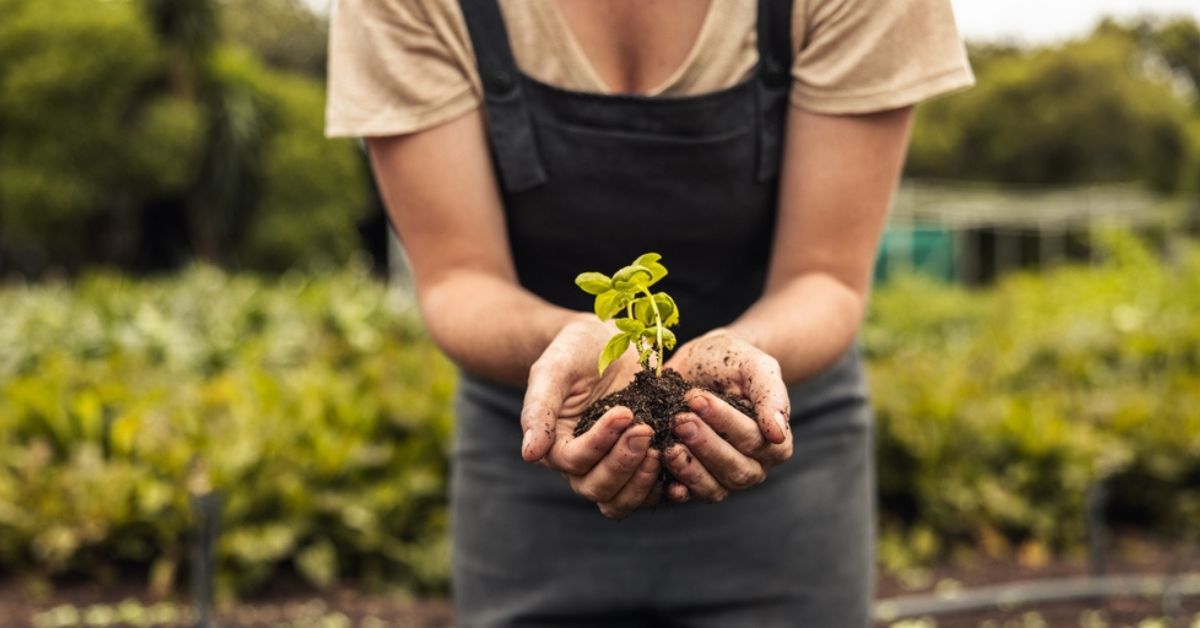In the face of growing environmental concerns and the need for sustainable food production, the importance of embracing environmentally friendly farming practices has never been greater. AI Farming, an innovative software platform, plays a significant role in promoting sustainable farming by empowering urban farmers and providing them with the tools they need to cultivate crops in an environmentally responsible manner. In this blog post, we will explore how AI Farming makes sustainable farming easy and why it is a game-changer for environmental stewardship.
Resource Optimization and Waste Reduction
AI Farming enables urban farmers to optimize the use of resources, such as water and energy, through its advanced monitoring and control features. Integrating IoT systems, the platform provides real-time data on parameters like temperature, humidity, and irrigation, allowing farmers to make informed decisions and minimize resource waste. This efficient resource management not only reduces environmental impact but also enhances the economic viability of urban farming.
Promoting Organic and Chemical-Free Cultivation
Chemical pesticides and fertilizers used in conventional farming can harm ecosystems and human health. AI Farming supports organic and chemical-free cultivation by providing insights into sustainable farming practices and facilitating organic certification processes. By empowering farmers to adopt organic methods, the platform contributes to healthier ecosystems, reduced chemical pollution, and improved overall food quality.
Carbon Emission Tracking and Reduction
Transporting food over long distances contributes significantly to carbon emissions and climate change. AI Farming tackles this issue by promoting localized food production. The platform includes carbon emission tracking features, allowing farmers to assess and reduce their carbon footprint. By cultivating food closer to the point of consumption, urban farmers using AI Farming help reduce greenhouse gas emissions associated with transportation and contribute to a more sustainable food system.
Biodiversity Conservation in Urban Areas
Urban farming can preserve biodiversity, even in densely populated urban areas. AI Farming encourages cultivating diverse crops, including native and heirloom varieties, which supports biodiversity conservation. By incorporating green spaces and creating pollinator habitats, urban farmers using AI Farming contribute to preserving local ecosystems and promoting the health of urban biodiversity.
Educating and Inspiring Environmental Stewardship
AI Farming goes beyond just a software platform; it serves as an educational tool that inspires and educates users about the importance of environmental stewardship. The platform’s gamification features encourage users to learn about sustainable farming practices, participate in community discussions, and share their experiences. This collective learning fosters a sense of environmental responsibility. It empowers farmers to become ambassadors for sustainable agriculture in their communities.
AI Farming is revolutionizing sustainable farming by providing urban farmers with the tools and resources they need to practice environmentally responsible agriculture. By optimizing resource usage, promoting organic cultivation, tracking carbon emissions, conserving biodiversity, and fostering environmental education, AI Farming empowers farmers to be stewards of the environment while producing nutritious, locally sourced food. As the importance of sustainable food production continues to grow, platforms like AI Farming play a crucial role in building a more sustainable and resilient future for our food system and the planet.




